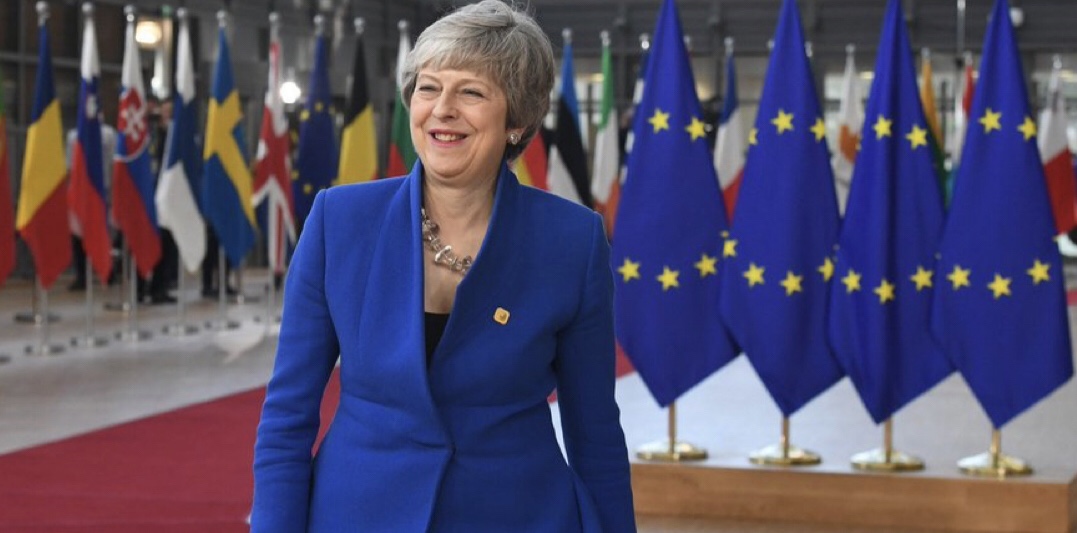Brexit: Now 31 October (or earlier)
We have a new date – or really several new potential dates for Brexit where 31 October is the deadline.
During an historic six hour EU summit in Brussels, the 27 EU leaders discussed the length and terms of a so-called “flextension” – a flexible delay of arricle 50 – which will come to an end on October 31.

May asked for a short delay until June 30 to avoid a no-deal Brexit on the previously agreed cliff edge April 12.
However when given the offer by EU she accepted the six-month postponement after stressing that her main goal was ensuring the UK could get out of the EU early if she could find a way to break the Westminster impasse and pass a Brexit deal in parliament.
It is important to note that under the terms of the agreement, the UK can leave at any time during the next six months if the withdrawal agreement reached last November is ratified by the Westminster parliament.
If the UK fails to take part in elections to the European Parliament on May 23-26, it will automatically leave without a deal on June 1.
A review of progress will take place at the scheduled June 20 EU leaders’ summit in Brussels, but European Council president Donald Tusk stressed that this would be an opportunity for “taking stock” and not for any new negotiations.
Here are the main points of the decision:
Conclusions – 10 April 2019
1. The European Council takes note of the letter of Prime Minister Theresa May of 5 April 2019 asking for a further extension of the period referred to in Article 50(3) TEU.
2. In response, the European Council agrees to an extension to allow for the ratification of the Withdrawal Agreement. Such an extension should last only as long as necessary and, in any event, no longer than 31 October 2019. If the Withdrawal Agreement is ratified by both parties before this date, the withdrawal will take place on the first day of the following month.
3. The European Council underlines that the extension cannot be allowed to undermine the regular functioning of the Union and its institutions. If the UK is still a Member of the EU on 23-26 May 2019 and if it has not ratified the Withdrawal Agreement by 22 May 2019, it must hold the elections to the European Parliament in accordance with Union law. If the United Kingdom fails to live up to this obligation, the withdrawal will take place on 1 June 2019.
4. The European Council reiterates that there can be no opening of the Withdrawal Agreement, and that any unilateral commitment, statement or other act should be compatible with the letter and the spirit of the Withdrawal Agreement and must not hamper its implementation.
5. The European Council stresses that such an extension cannot be used to start negotiations on the future relationship. However, if the position of the United Kingdom were to evolve, the European Council is prepared to reconsider the Political Declaration on the future relationship in accordance with the positions and principles stated in its guidelines and statements, including as regards the territorial scope of the future relationship.
6. The European Council notes that, during the extension, the United Kingdom will remain a Member State with full rights and obligations in accordance with Article 50 TEU, and that the United Kingdom has a right to revoke its notification at any time.
You must be logged in to post a comment.